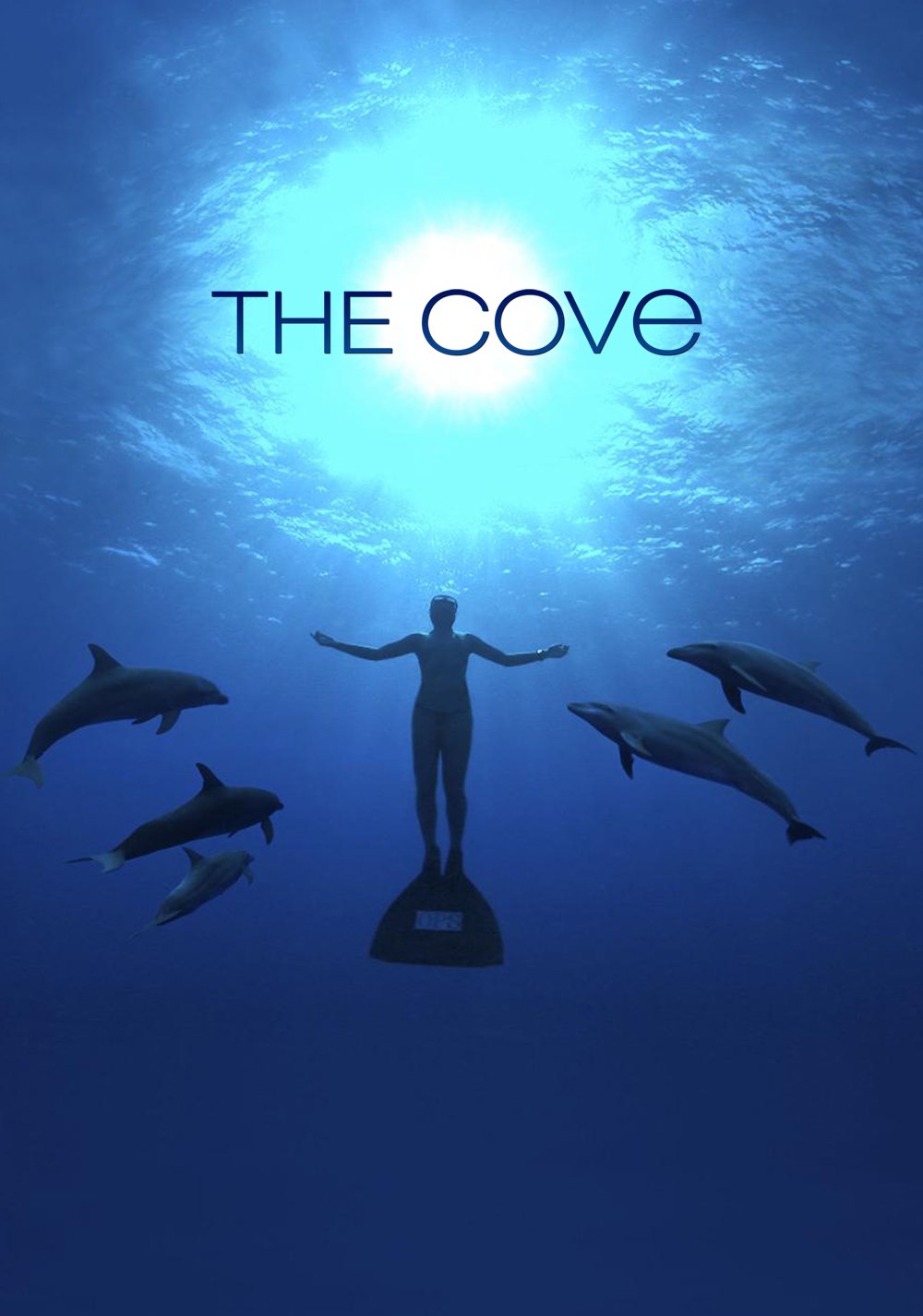The Cove is a 2009 American documentary film directed by Louie Psihoyos which analyzes and questions dolphin hunting practices in Japan. It was awarded the Academy Award for Best Documentary Feature in 2010. The film is a call to action to halt mass dolphin kills and captures, change Japanese fishing practices, and inform and educate the public about captivity and the increasing hazard of mercury poisoning from consuming dolphin meat.
Directed by former National Geographic photographer Louie Psihoyos, the film is presented from an ocean conservationist’s point of view. Portions were filmed secretly in 2007 using underwater microphones and high-definition cameras disguised as rocks. The film highlights the fact that the number of dolphins killed in the Taiji dolphin drive hunt is several times greater than the number of whales killed in the Antarctic, and asserts that 23,000 dolphins and porpoises are killed in Japan every year by the country’s whaling industry. The migrating dolphins are herded into a cove where they are netted off. The young and pretty are then captured to be sold to the oceanariums and dolphinariums around the world; the rest are brutally slaughtered. The film argues that dolphin hunting as practiced in Japan is unnecessary and cruel.
Photos
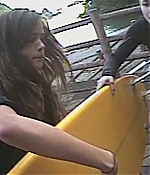
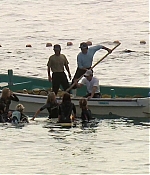
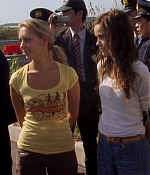
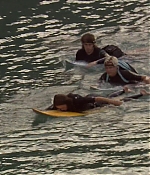
Quotes
Richard O’Barry: The thing that turned me around was the death of Flipper, of Cathy. She was really depressed. I could feel it. I could see it. And she committed suicide in my arms. That’s a very strong word, suicide. But you have to understand dolphins and other whales are not automatic air breathers, like we are. Every breath they take is a conscious effort. And so they can end their life whenever life becomes too unbearable by not taking the next breath. And it’s in that context I use the word suicide. She did that. She swam into my arms, looked me right in the eye, and took a breath… and didn’t take another one.
Trivia
- The Cove has won over 25 film awards. Some notable awards include “Best Documentary” from the Environmental Media Awards, Three Cinema Eye Honors for “Outstanding Achievement”, and the Academy Award for Best Documentary Feature on the 82nd Annual Academy Awards.
- The film used specialized camouflaged high-definition cameras that were designed to look like rocks. These hidden cameras helped capture footage and were so well camouflaged that, according to director Louie Psihoyos, the crew had a hard time finding them again.
- People Concerned for the Ocean, a local Taiji activist group, distributed DVDs in March of 2011 of the film, dubbed in Japanese, to all 3,500 residents of Taiji.
- The documentary features footage from the protests Isabel participated in in Taiji, Japan, in October 2007.
- The whale and dolphin hunting season in Japan usually begins on September 1 each year; in 2009, the hunting began on September 9. Although activists tend to believe that it was because of the publicity generated by the film, it has been reported that the delay was due to the weather and rough seas.
- Upon the film winning the Oscar, the town mayor of Taiji and the chief of Taiji Fishery Union said “The hunt is performed legally and properly with the permission of Wakayama Prefecture [local government].”
- Since the release of the film, a much larger number of activists, mainly non-Japanese, have visited Taiji to protest or film the dolphin hunts. The Taiji fishermen responded by constructing an elaborate structure of tarps to better conceal the drive-hunting activities in and around the cove.
- Filmmaker Megumi Sasaki has argued that the film and subsequent activism and campaigning by foreigners with Sea Shepherd Conservation Society have been poorly received by the population of Taiji, and that backlash has resulted in the practice continuing.
- In August 2009, after the screening of the film in Sydney, Melbourne and Brisbane film festivals, the councillors of the Shire of Broome, Western Australia, voted unanimously to suspend its sister city relationship with the Japanese whaling port town of Taiji, as long as the latter continues its dolphin slaughter. However, the decision was reversed in October 2009.
- The film was initially screened only at two small venues in Japan: at the Foreign Correspondents’ Club in Tokyo in September 2009, and at the Tokyo International Film Festival in October 2009 where it received mixed reviews. A Japanese film distributor, Medallion Media/Unplugged, subsequently acquired the rights to screen the film in Japan. The company hoped to begin a run of the movie in Japanese cinemas in June 2010. Medallion prepared the documentary for presentation in Japan by pixelating the faces of Taiji residents and fishermen depicted in the film. Nationalist protesters vowed to block the release of the film in Japan and dozens equipped with loudspeakers demonstrated outside the distributor’s office in central Tokyo.
- Boyd Harnell of the Japan Times stated on May 23, 2010, that Japanese news editors had told him that the topic was “too sensitive” for them to cover.
- In April 2010, Colonel Frank Eppich, the United States Air Force commander of Yokota Air Base, located near Tokyo, banned screenings of the film at the base theater. A base spokesman said that The Cove was banned because using a base venue to display the film could be seen as an endorsement of the film. The spokesman added, “We have a lot of issues with Japan … and anything done on an American base would be seen as an approval of that event.” In response, Louie Psihoyos said that he would give away 100 DVD copies of the film free to Yokota base personnel.
Watch the Documentary
The Cove from Fair Earth Foundation on Vimeo.
